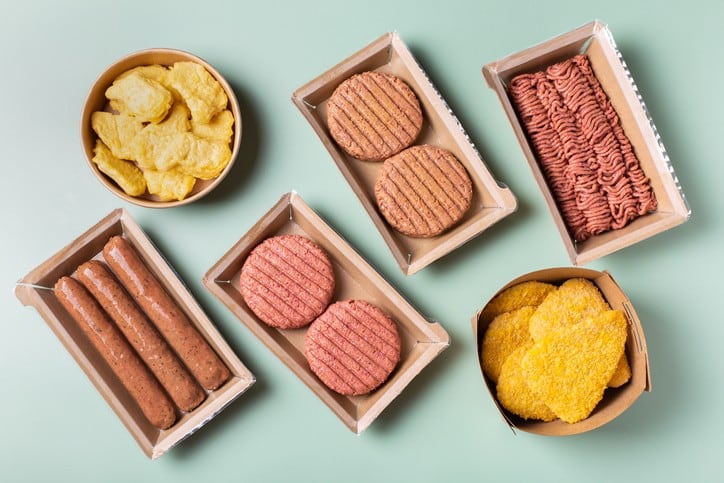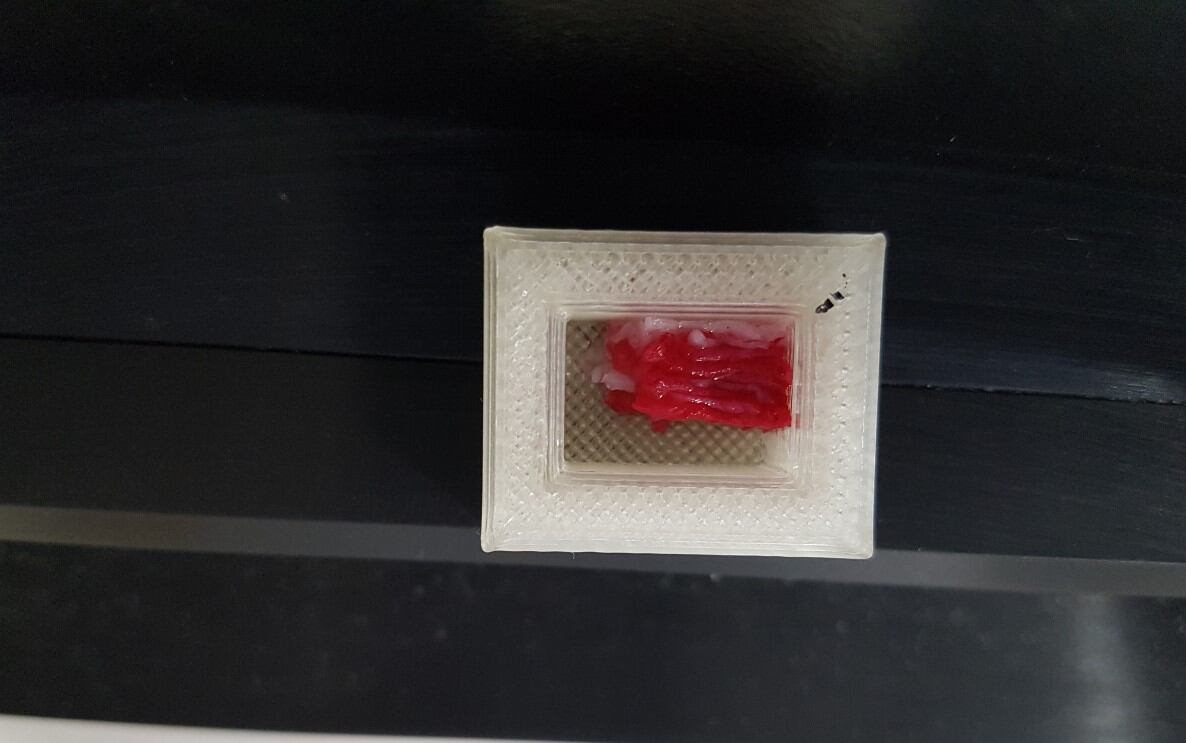The plant-based industry in Japan has been seeing quite some growth in recent years, with most progress being seen in restaurants experimenting with new menus, bigger conventional meat product manufacturers such as Nippon Ham and Ito Ham launching plant-based alternatives, as well as a few dedicated firms such as NEXT Meats having come into the picture.
However, the government appears unsatisfied with the industry’s rate of progress so far, and has thus implemented new labelling rules to govern the plant-based sector in hopes that this will propel its growth.
“The fact that Japan has until now not discussed the food labelling [of plant-based foods] has been a shackle for corporate business development,” Kono Taro, Public Relations Chief of Japan’s ruling faction the Liberal Democratic Party announced in a recent press conference.
“The plant-based market is expected to reach about US$140bn in sales by 2029, [so Japan needs] to take the shackles off. This is why we have created a Q&A document regarding the labelling rules of plant-based foods for all relevant companies.”
The document covers plant-based meat, dairy, egg and seafood alternative products, and appears to take an industry-friendly approach, allowing the use of terms such as ‘soy-based meat’ or ‘oat milk’ in plant-based labelling as long as the label makes it clear that the product is not animal-based.
“Labelling will not be a problem as long as the expressions and terms used are not misleading – so for products made from soybeans, as long as the words ‘soy’ and ‘meat’ are written together, there should be no problem,” said Kono.
“A disclaimer such as the term ‘100% plant-based’ should also be used, but when using this it must be confirmed that all the ingredients used are derived from plants, including any food additives.”
Other acceptable disclaimer terms include ‘Soybeans are used’, ‘Meat is not used’, ‘This is not a milk or milk drink’, ‘Not a dairy product’, ‘No fish used’ and so on.
“Disclaimers are particularly important and compulsory if a product name is more ambiguous, such as ‘Next Cheese’ or ‘New Butter’, as even though these are not [animal-based] dairy products, the general consumer might not be able to tell this from the label [if no disclaimer is added],” added the document.
Most manufacturers appear to already be in a good place with their labels based on these regulations.
NEXT Meats, which is one of Japan’s leading dedicated plant-based product developers, has launched a number of plant-based products from gyudon (beef rice) to yakiniku (grilled meat) and is planning a tuna launch in December, and all its product packaging already carry the ‘100% plant-based’ disclaimer alongside the NEXT product name.
It should come as no surprise that the government is supportive of the plant-based industry, given how rapidly it is growing in Japan.
“The plant-based trend is gaining more traction in Japan, likely due to consumers wanting to seek out healthier food alternatives after COVID-19, with a higher guarantee of food safety,” NEXT Meats PR and marketing director Yuya Makino said.
“What we are doing [in response to this] is to position ourselves as an alternative to local dishes and not so much western foods, so our portfolio [is focused on products such as] Yakiniku and Gyudon as opposed to sausages or burgers.”
Nippon Ham, under the company NH Foods, is also all set with its plant-based NatuMeat – this uses the ‘Soybeans are used’ disclaimer; whereas Kewpie’s egg-free mayonnaise ‘Egg Care’ carries the disclaimer ‘Does not use eggs’.
Industry-friendly vs not
Japanese plant-based manufacturers should count themselves lucky in terms of the labelling regulations being accepting of traditional meat and dairy terms, which removes any potential concerns over having to change or reprint labels, or worse yet, find new names for their companies.
The industry in several other countries have not been as lucky – In India, the government recently attempted to ban the use of all dairy terms for plant-based dairy products, leaving firms in a quandary. This has since been stayed by an industry-led court order, but the future of labelling regulations for the plant-based dairy industry remains uncertain.
In Australia, a similar debate regarding both meat and dairy alternative labelling is also still ongoing, with the government appearing to be less sympathetic to the industry compared to in Japan, likely due to the strong traditional meat and dairy influence on its economy.
Thus far, one of the countries in which plant-based labelling appears to have fared the best is China, which approved a very industry-friendly set of labelling standards late last year allowing the use of all conventional meat and dairy terms.





